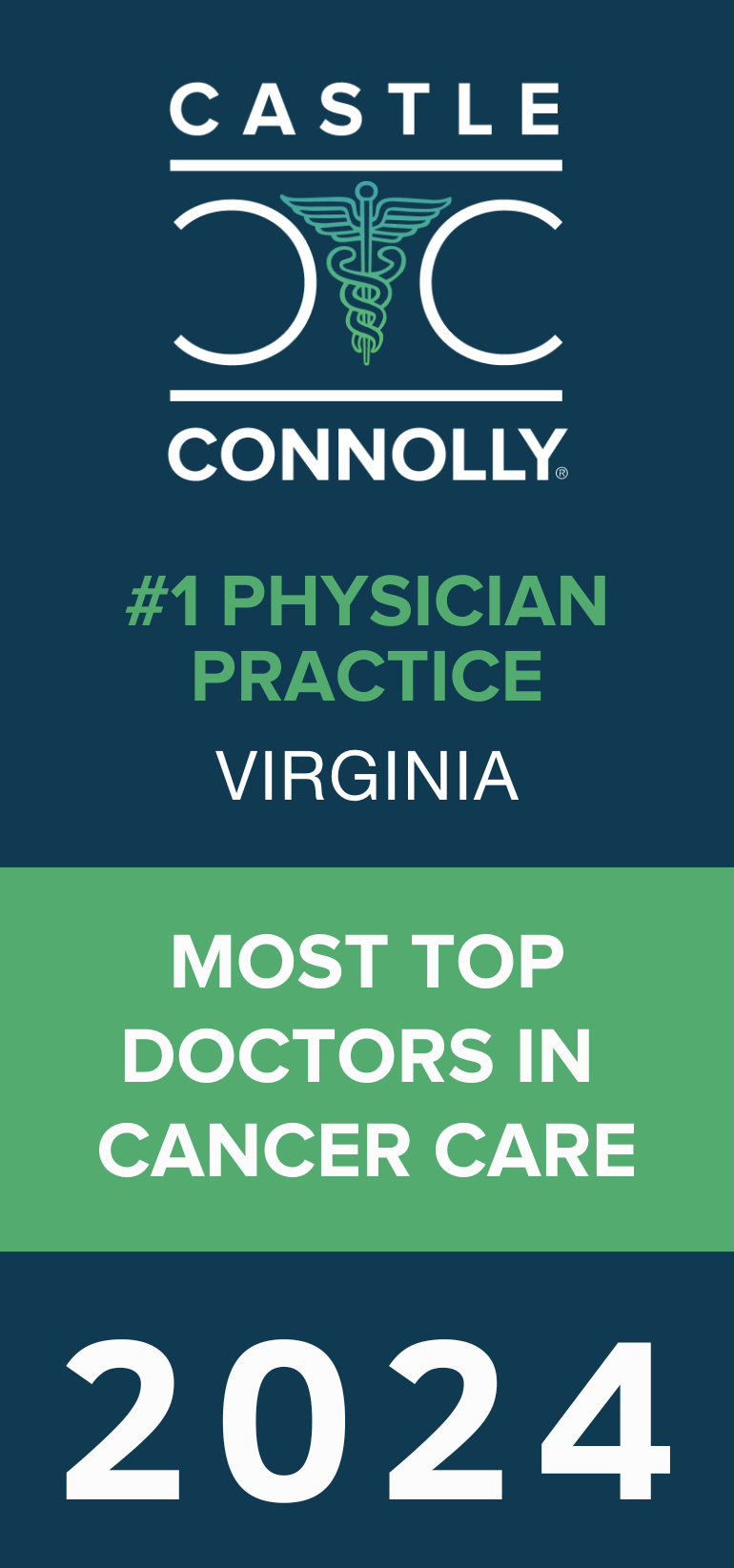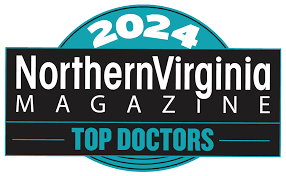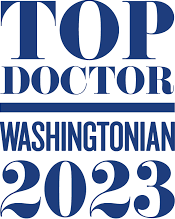 Look no further than the news to find bits and pieces of information about…everything! How nutrition is related to cancer is no different. Last week, we flagged the following two stories, in this case from CNN.
Look no further than the news to find bits and pieces of information about…everything! How nutrition is related to cancer is no different. Last week, we flagged the following two stories, in this case from CNN.
Here’s our take.
- Cancer death rates drop, heart disease deaths on the rise for US adults — This headline is certainly good news from a cancer perspective, but details are important. For instance, this study shows that, while they saw greater declines, cancer death rates were higher than heart disease throughout the study period. The declining rates of cancer deaths is based on national survey data analyzed by researchers at the Centers for Disease Control and Prevention (CDC). It includes data between 1999-2017 on the number of deaths attributable to cancer and heart disease among adults 45-64. During this time, cancer deaths declined 19%. Both men and women saw a similar pattern of decline. This research is published in last week’s National Vital Statistics Reports.
- Thousands of cancer diagnoses tied to a poor diet, study finds — We have seen a lot of similar headlines on this topic recently and, for better or for worse, it’s true—what we eat can influence risk of developing cancer. These researchers examined a total of 7 dietary factors including LOW intake of fruits, vegetables, whole grains, and dairy and HIGH intake of processed meats, red meats, and sugary drinks. They found that the top 3 factors contributing to cancer were: 1) low intake of whole grains; 2) low intake of dairy; and 3) high processed meat intake.
What you need to know:
Oftentimes, we see stories that point to one study in the nutrition world. As a registered dietitian, I’m always looking for what the findings are that stand the test of time vs. the results of one study. Why? Well because there is significant variation in how studies are designed and carried out (e.g., who the study population is, how many are studied, type of study, etc.) and, as a practitioner, my goal is to have the clearest and best answer when I recommend dietary actions or changes to our patients.
The recommendations in these articles are consistent with what we know from scientists and authoritative bodies looking at the totality of the diet/lifestyle and cancer relationship, including AICR’s Third Expert Report on Diet, Nutrition, Physical Activity, and Cancer. Eat a diet rich in fruits, vegetables, whole grains, low-fat dairy, and legumes. Limit intake of red and processed meats, added sugars, and saturated fat. Be physically active and control your weight.
Quick tip: Cross-referencing what you read online and in the media with organizations you know to be reputable is a good way to double-check that the information you are getting is credible and could apply to you.










